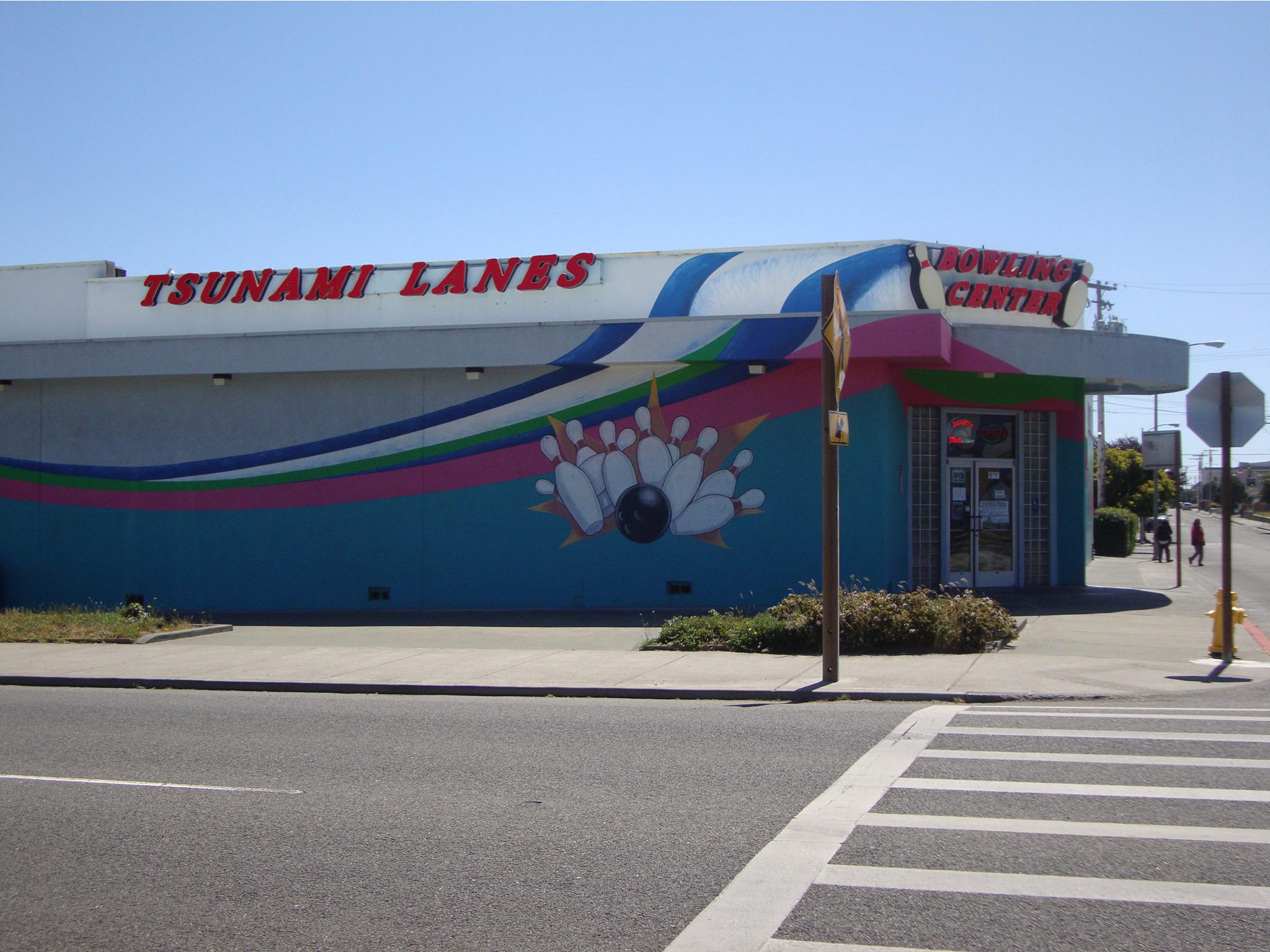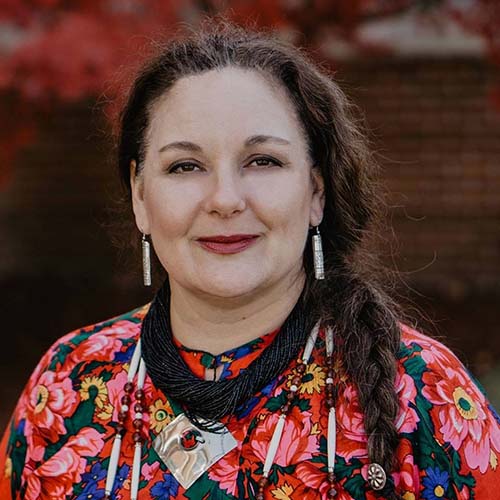
- Details
- By Nanette Kelley
CRESCENT CITY, Calif. — Tsunami Lanes, a beloved tribal-owned bowling alley in tsunami-prone Del Norte County in Northern California, has closed its doors permanently as a result of the severe economic challenges brought on by the COVID-19 pandemic.
“The difficult decision has been made to permanently close Tsunami Lanes Bowling. The pandemic has affected businesses big and small, and we were no exception,” said Elk Valley Rancheria Tribal Council Chairman Dale Miller. “The Tribe has been committed to supporting the business and team members for as long as possible during this difficult time, but unfortunately the time has come that we are unable to continue to do so.”
At the beginning of the pandemic, Tsunami Lanes was hopeful for a reopening. In March, the tribe announced it would temporarily close the bowling alley for at least the rest of the month.
 Via the Tsunami Lanes Facebook page.
Via the Tsunami Lanes Facebook page.
In a statement at the time of the temporary closure, Tsunami Lanes management said the bowling alley would follow recommendations from the World Health Organization, Centers for Disease Control and California Gov. Gavin Newsom’s precautionary guidelines and would potentially allow visitors back after further evaluation of the COVID-19 outbreak.
Located on California’s scenic Pacific Coast Highway 101, Tsunami Lanes featured 16 bowling lanes, arcade games and a snack bar. Community members mourned the loss of the local fixture on social media.
“I wish there was something our community could do to keep the lanes open!! Maybe we could brainstorm something?” Andria Algis posted on Facebook. “Tsunami Lanes is greatly loved by our community, I’m not ready to say goodbye.”
Elk Valley Rancheria has a long history of helping Crescent City, an area which was economically depressed by the loss of logging and fishing industries. In 2003, the tribe was the area’s largest employer, largely because of the tribe’s Elk Valley Casino.
 Via the Tsunami Lanes Facebook page.
Via the Tsunami Lanes Facebook page.
Originally a Piggly Wiggly supermarket, the tribe put $2.2 million into building Tsunami Lanes, complete with glowing lanes, new balls and shoes, fake fog, laser strobes and black lights that pulse to a high-powered sound system.
The Elk Valley Casino has also faced months of loss of business as a result of the pandemic. The casino has begun a phased reopening with reduced hours of operation from 7 a.m. to 2 a.m. seven days a week.
The casino bar will remain closed and temperatures will be taken. Masks are recommended, but not required.
More Stories Like This
American Basketball Association Announces Native ABA InitiativeFour Winds South Bend Upgrades to Class III Gaming Casino
Native News Online Wins Two Awards from Native American Journalists Association
Wahlberg Brothers Are a Big Hit at Indian Gaming Tradeshow and Convention in Las Vegas
Native Gro Offers Tribes a ‘One-Stop Shop’ for Entering the Cannabis Industry
Help us defend tribal sovereignty.
At Native News Online, our mission is rooted in telling the stories that strengthen sovereignty and uplift Indigenous voices — not just at year’s end, but every single day.
Because of your generosity last year, we were able to keep our reporters on the ground in tribal communities, at national gatherings and in the halls of Congress — covering the issues that matter most to Indian Country: sovereignty, culture, education, health and economic opportunity.
That support sustained us through a tough year in 2025. Now, as we look to the year ahead, we need your help right now to ensure warrior journalism remains strong — reporting that defends tribal sovereignty, amplifies Native truth, and holds power accountable.
 The stakes couldn't be higher. Your support keeps Native voices heard, Native stories told and Native sovereignty defended.
The stakes couldn't be higher. Your support keeps Native voices heard, Native stories told and Native sovereignty defended.
Stand with Warrior Journalism today.
Levi Rickert (Potawatomi), Editor & Publisher

